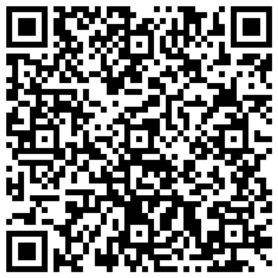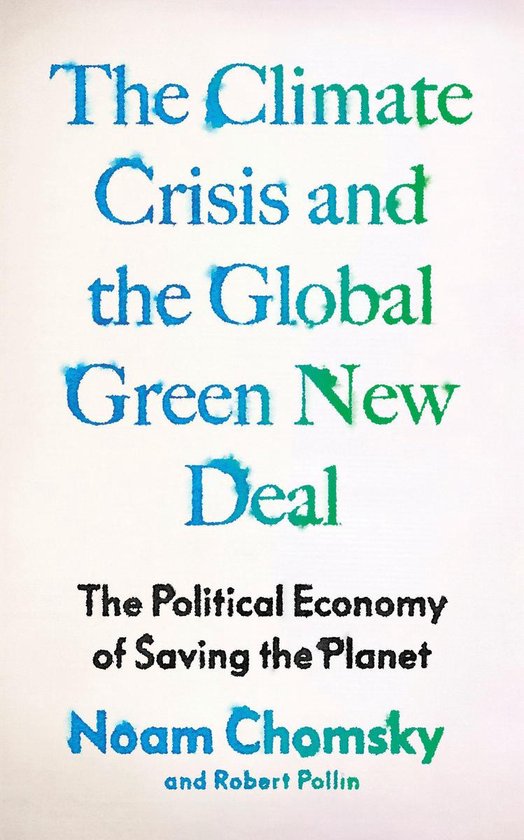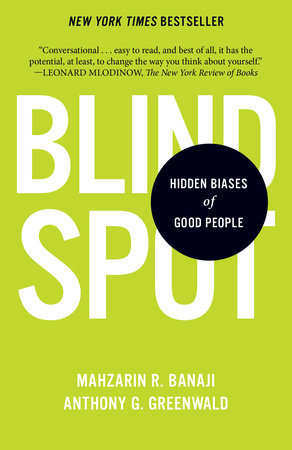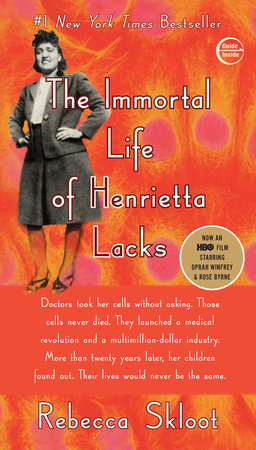Agenda
Book Giveaway 2022
The book event is back!

After the success of last year’s book share event, we are again collaborating with bookstore Savannah Bay to give away 30 free book copies to Geosciences employees. This year, you can enter to win one of the following three books:
- The Climate Crisis and the Global Green New Deal
Noam Chomski - Blind Spot – Hidden Biases of Good People
Mahzarin R. Banaji and Anthony G. Greenwald - The Immortal Life of Henrietta Lacks
Rebecca Skloot
We are giving away ten copies of each of the three books. Between 13-20 June, you can register to the book giveaway using the registration form. The winners will be randomly selected from the registrations.
Save the date – Book Discussion
After a summer of reading, join us to discuss the books with your colleagues during the Book Discussion event on 15 September 2022. Save the date – more information will follow soon!
Giveaway rules

Enter the giveaway by scanning the QR code.
- Register to enter the giveaway via the registration form or by scanning the QR code
- One book per person
- Only open to staff in the Faculty of Geosciences at Utrecht University
- Winners can pick up their book at the VMA in July
Book synopses
The Climate Crisis and the Global Green New Deal
 By Noam Chomski and Robert Pollin
By Noam Chomski and Robert Pollin
Can capitalism survive climate change? Can humanity? The environmental crisis under way is unique in human history. It is a true existential crisis. Those alive today will decide the fate of humanity. Meanwhile, the leaders of the most powerful state in human history are dedicating themselves with passion to destroying the prospects for organised human life. At the same time, there is a solution at hand, which is the Green New Deal. Putting meat on the bones of the Green New Deal starts with a single simple idea: we have to absolutely stop burning fossil fuels to produce energy within the next 30 years at most; and we have to do this in a way that also supports rising living standards and expanding opportunities for working people and the poor throughout the world. This version of a Green New Deal program is, in fact, entirely realistic in terms of its purely economic and technical features. The real question is whether it is politically feasible. Chomsky and Pollin examine how we can build the political force to make a global Green New Deal a reality.
Blind Spot – Hidden Biases of Good People

By Mahzarin R. Banaji and Anthony G. Greenwald
In Blindspot, the authors reveal hidden biases based on their experience with the Implicit Association Test, a method that has revolutionised the way scientists learn about the human mind and that gives us a glimpse into what lies within the metaphoric blindspot.
The title’s ‘good people’ are those of us who strive to align our behavior with our intentions. The aim of Blindspot is to explain the science in plain enough language to help well-intentioned people achieve that alignment. By gaining awareness, we can adapt beliefs and behavior and ‘outsmart the machine’ in our heads so we can be fairer to those around us. Venturing into this book is an invitation to understand our own minds.
The Immortal Life of Henrietta Lacks
By Rebecca Skloot
Her name was Henrietta Lacks, but scientists know her as HeLa. She was a poor Southern tobacco farmer who worked the same land as her slave ancestors, yet her cells—taken without her knowledge—became one of the most important tools in medicine: The first ‘immortal’ human cells grown in culture, which are still alive today, though she has been dead for more than sixty years. HeLa cells were vital for developing the polio vaccine; uncovered secrets of cancer, viruses, and the atom bomb’s effects; helped lead to important advances like in vitro fertilisation, cloning, and gene mapping; and have been bought and sold by the billions.
Yet Henrietta Lacks remains virtually unknown, buried in an unmarked grave.
Henrietta’s family did not learn of her ‘immortality’ until more than twenty years after her death, when scientists investigating HeLa began using her husband and children in research without informed consent. And though the cells had launched a multimillion-dollar industry that sells human biological materials, her family never saw any of the profits. As Rebecca Skloot so brilliantly shows, the story of the Lacks family—past and present—is inextricably connected to the dark history of experimentation on African Americans, the birth of bioethics, and the legal battles over whether we control the stuff we are made of.
Over the decade it took to uncover this story, Rebecca became enmeshed in the lives of the Lacks family—especially Henrietta’s daughter Deborah. Deborah was consumed with questions: Had scientists cloned her mother? Had they killed her to harvest her cells? And if her mother was so important to medicine, why couldn’t her children afford health insurance?

